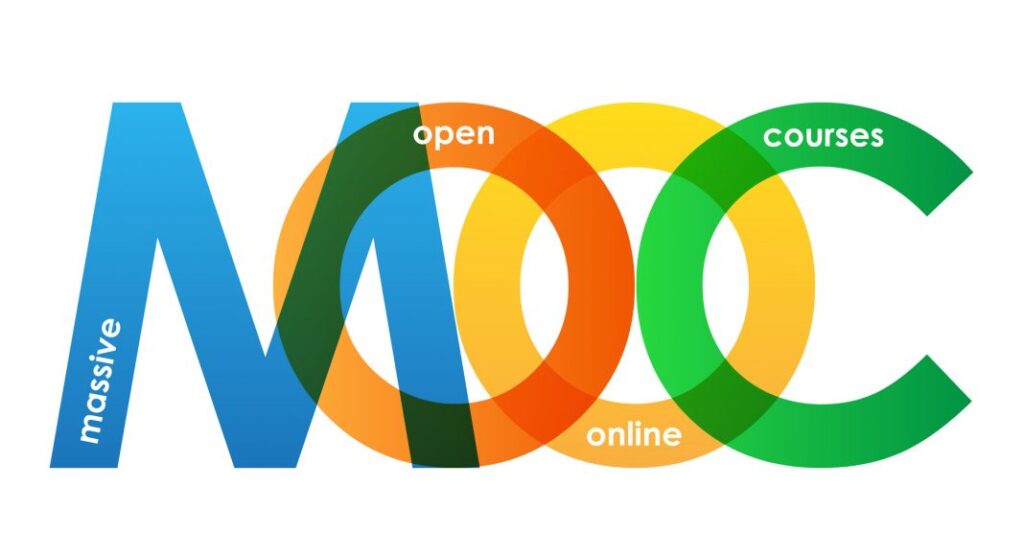Massively Online Open Courses (MOOCs) have revolutionized the education landscape, offering accessible and flexible learning opportunities for individuals across the globe.
In this article, we will delve into the world of MOOCs, providing detailed information on their benefits and drawbacks. From enhanced accessibility to potential challenges, we will explore the various aspects of this rapidly growing form of online education.
Understanding Massively Online Open Courses
MassivelyOnline OpenCourses, often referred to as MOOCs, are web-based courses designed for unlimited participation and open access via the Internet. These courses are usually offered by renowned universities and institutions, covering a wide array of subjects ranging from computer science to humanities. MOOCs leverage technology to deliver high-quality educational content to a global audience.
Advantages of Massively Online Open Courses
Enhanced Accessibility
One of the primary advantages of MOOCs is their unparalleled accessibility. Individuals from any corner of the world can enroll in MOOCs, breaking down geographical barriers. This inclusivity allows learners to access courses offered by prestigious universities without the need for physical presence.
Flexible Learning
MOOCs provide learners with the flexibility to study at their own pace and convenience. Students can access course materials, lectures, and assignments online, enabling them to balance their educational pursuits with personal and professional commitments.
Diverse Course Offerings
Massively Online Open Courses offer a vast range of subjects and disciplines, catering to various interests and career paths. From programming and business management to literature and art, MOOCs provide learners with an extensive selection of courses to explore.
Disadvantages of Massively Online Open Courses
Lack of Personalized Attention
While MOOCs provide access to top-quality education, one notable drawback is the absence of personalized attention. With a massive number of participants, it becomes challenging for instructors to provide individualized guidance and support to every learner.
Limited Interaction
MOOCs heavily rely on online platforms, which can limit the opportunities for face-to-face interaction and collaboration among learners. This reduced social engagement may hinder the development of certain interpersonal skills that traditional classroom settings offer.
Self-Motivation and Discipline
Engaging in MOOCs requires a high level of self-motivation and discipline. With no set schedule or fixed deadlines, learners must possess strong time-management skills to stay on track and complete courses successfully.
Conclusion
In conclusion, Massively Online Open Courses (MOOCs) have emerged as a game-changer in the education sector, providing unprecedented access to knowledge and learning resources.
While MOOCs offer enhanced accessibility, flexibility, and diverse course options, it’s important to acknowledge the limitations, such as the lack of personalized attention and reduced social interaction.
By understanding the pros and cons, individuals can make informed decisions about whether MOOCs are the right educational path for them.

